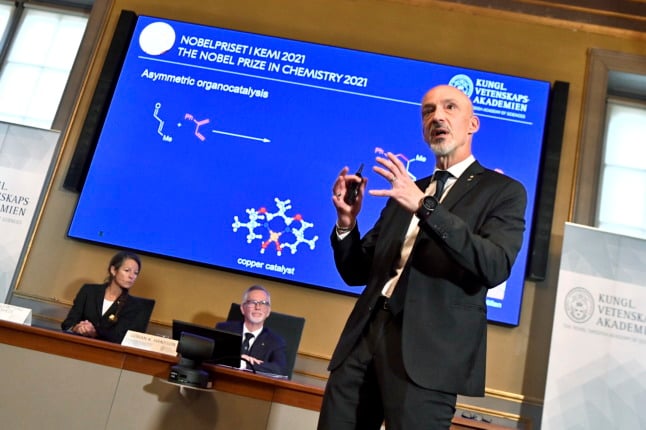ETH Zürich, the engineering, science and technology university where Albert Einstein started his career, kept its place from last year at number 18 while two other Swiss universities made it into the top 100.
ETH’s sister university, EPFL (Ecole Polytechnique Fédérale Lausanne), moved down three places to 32, while the University of Geneva moved up two places to 69.
Other Swiss universities remain on the list, although they did not make it into the global top 100. The University of Zürich is at 106 (last year: 101), University of Lausanne 136 (152), University of Bern 143 (162) and University of Basel 151 (137).
American and British universities dominate the top of the list with 13 US and five UK institutions in the top 20. The University of Cambridge defended its top ranking, followed closely by Harvard University and MIT (Massachusetts Institute of Technology) in the US.
McGill University in Canada, ranked number 17, is the only other non-UK or US university in the top 20 apart from ETH Zürich.
ETH Zürich was founded by the Swiss Federal Government in 1854 as a national centre of excellence in science and technology and a hub for interaction between the scientific community and industry.
31 Nobel Prizes have been awarded to students or professors from the institute, the most famous being Albert Einstein in 1921 (Physics) and the most recent Richard F. Heck in 2010 (Chemistry).
The list was published by “QS World University Rankings“ in the UK and is based on six indicators along with a survey of 33,000 academics and 16,000 employers worldwide.
In comparison with its rival Shanghai-Ranking, QS gives less weight to research, but stronger ratings are given to student liaison and support and the institute’s academic reputation.



 Please whitelist us to continue reading.
Please whitelist us to continue reading.
Member comments